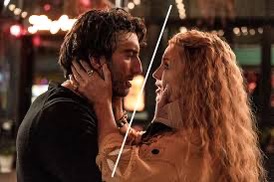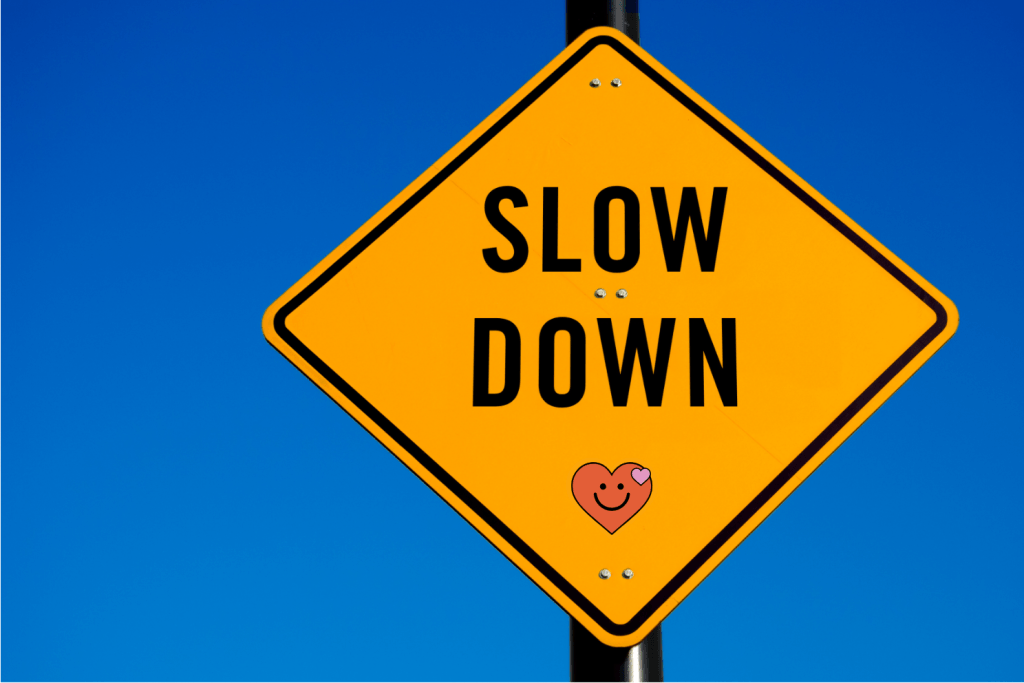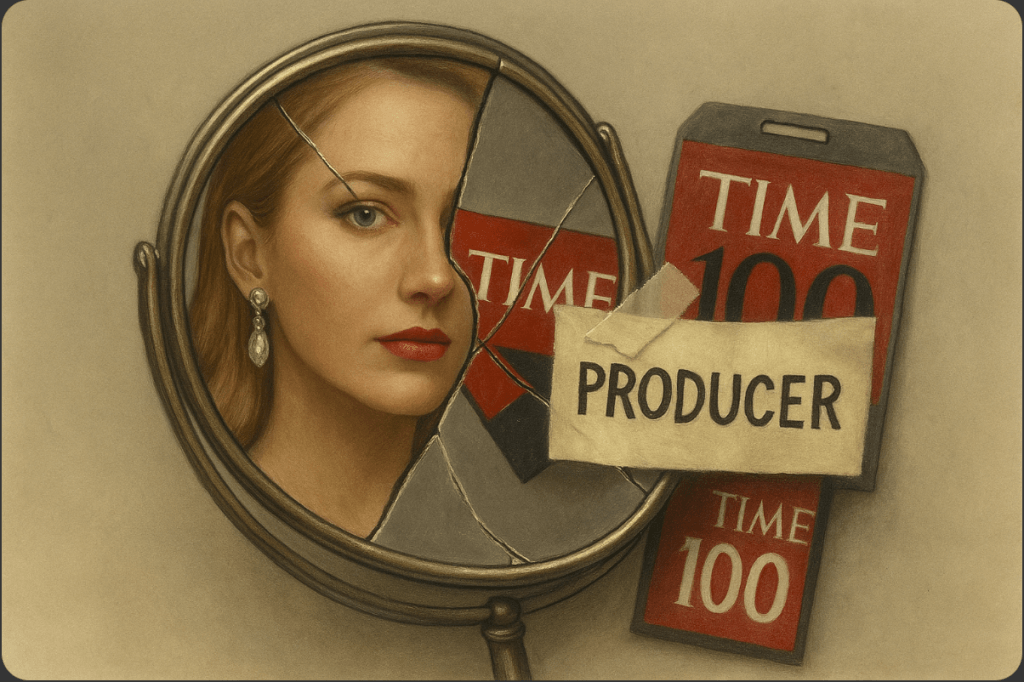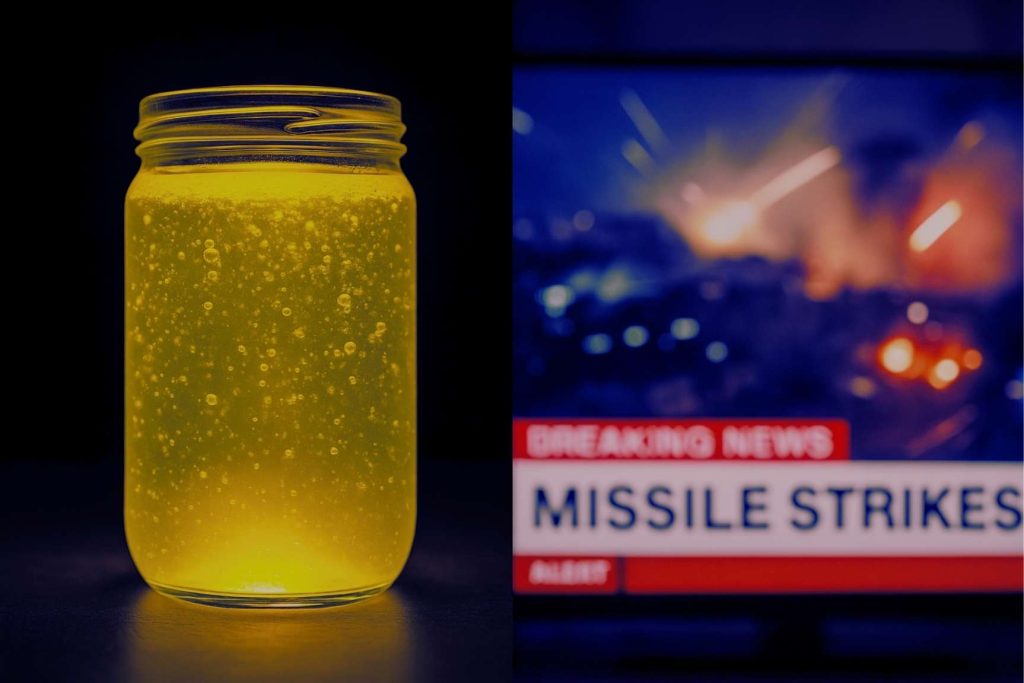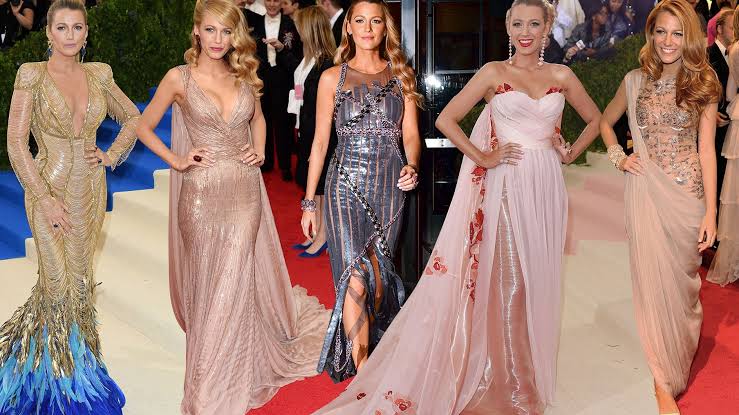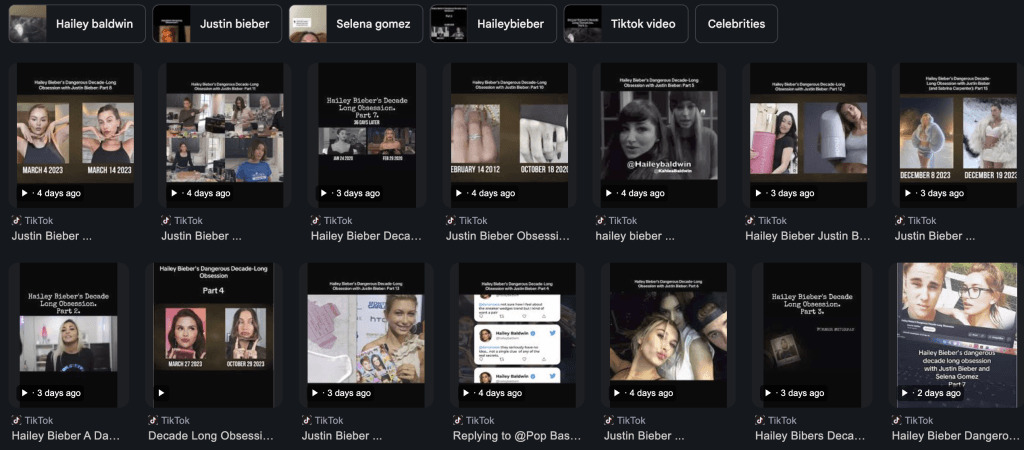When Power Learns to Play the Victim
For a while, it felt like Hollywood was changing.
#MeToo started as a whisper, turned into a roar, and forced an industry built on silence to finally listen. The untouchables—Weinstein, Spacey, Lauer—fell, and for the first time, there was real fear among the powerful. Not of justice, but of consequences. But the thing about power is it never disappears—it adapts. It waits, watching, learning, figuring out how to reclaim control without looking like the villain.
Enter Blake Lively’s lawsuit against Justin Baldoni—a case that, at first glance, looked like another celebrity legal battle but might end up being the single most dangerous thing to happen to the #MeToo movement.
Because this isn’t just a lawsuit. It’s a test. If it works, it won’t just protect one actress’s reputation. It will teach Hollywood’s elite a new way to dismantle everything #MeToo fought for—one legal loophole at a time.
1. When the Victim Role Becomes a Shield
Lively’s lawsuit was never meant to be about accountability—it was about controlling the conversation before it could control her. It started with strategically leaked legal documents, spun just right so the press would frame her as the one under attack. Then came the protective order request, demanding absolute control over what could and couldn’t be said.
The message was clear: She gets to decide the narrative. And it was effective—at first. But then, the receipts started coming in. Justin Baldoni—the man she accused of harming her reputation—didn’t just sit back. He fought back with evidence, facts, and a paper trail that contradicted her claims.
The more that surfaced, the more her case started looking less like a fight for justice and more like a calculated PR move gone wrong.
And that’s where it gets dangerous.
Because if someone as famous and well-connected as Blake Lively can attempt to rewrite reality in real time, what does that mean for the rest of us?
2. The Death of #MeToo by a Thousand Legal Loopholes
#MeToo was never just about one case or one abuser—it was about power dynamics and the systems that protected them. But this lawsuit? It’s showing Hollywood a new system. A new weapon. And here’s how it works:
Flip the script. Frame yourself as the one under attack—even if the facts say otherwise. Control the press. File lawsuits in a way that gets your version out first, so public perception is set before the other side can even respond. Use the legal system as a shield, not a tool for justice. Silence your opposition with protective orders, NDAs, and legal threats—not because the truth is on your side, but because you have the resources to make the truth irrelevant. This isn’t an accident. This is power learning how to fight back. And it’s learning fast.
3. How Blake Lively’s Case Might Destroy #MeToo
The scariest part about this case isn’t just that it’s happening—it’s that it’s working. For the first time, #MeToo isn’t just being challenged—it’s being co-opted. If Blake wins this case, it sends one clear message to powerful people everywhere:
- You don’t need to silence people anymore—you just need to outmaneuver them.
- You don’t need innocence—you just need better lawyers and a stronger PR team.
- You don’t need justice—you just need control.
And if this becomes the new standard, then the next time someone powerful is accused of real harm, they won’t just deny it. They’ll use the same tactics Blake Lively just perfected, weaponize victimhood while their opponents are still scrambling to prove what actually happened, and bury the truth under a flood of lawsuits, press manipulation, and carefully crafted legal maneuvers.
And by the time anyone realizes what happened, it won’t matter.
4. The Future of #MeToo: Where Do We Go From Here?
This case should terrify anyone who ever believed in justice over power. Because we’re no longer watching abusers trying to avoid consequences. We’re watching powerful people learning how to use the same tools that once held them accountable—against the very movement that threatened them. Blake Lively may not have set out to destroy #MeToo. But if she wins this case?
She won’t just clear her name. She’ll hand Hollywood a brand new blueprint for silencing survivors—and this time, they’ll do it without ever looking like the bad guys. Because now, they won’t just control the industry.
They’ll control the story.
When the World Stops Listening
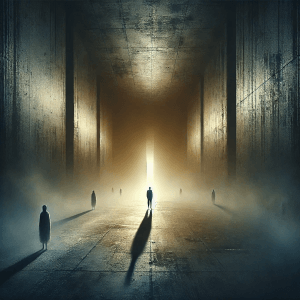 Movements don’t die overnight. They unravel quietly, piece by piece, while no one is looking. It starts with a whisper of doubt. A shift in the conversation. Power learning to disguise itself as the victim. And suddenly, the ones who once found strength in numbers are left wondering if they imagined it all. Survivors who once had voices now find themselves speaking into silence. The doors that were opened are quietly closing again.This is what makes it dangerous—not just for justice, but for those still fighting, still carrying the weight of truth when the world no longer wants to hear it.
Movements don’t die overnight. They unravel quietly, piece by piece, while no one is looking. It starts with a whisper of doubt. A shift in the conversation. Power learning to disguise itself as the victim. And suddenly, the ones who once found strength in numbers are left wondering if they imagined it all. Survivors who once had voices now find themselves speaking into silence. The doors that were opened are quietly closing again.This is what makes it dangerous—not just for justice, but for those still fighting, still carrying the weight of truth when the world no longer wants to hear it.
And the hardest part? Survival was never easy—but now, it’s lonelier, too.
Lonelier Now
Once, we whispered, then we roared,
hands entwined, wounds exposed.
Now the echoes fade to quiet,
truth rewritten, doors reclosed.
Lies wear silk, their voices louder,
while we are left to stand alone.
Once believed, now just a burden,
fighting battles no one owns.
(March 20th 2025)
PS. To all survivors out there—we are strong. This setback does not define our resilience. Keep going. Keep speaking. We are still here. 💙

